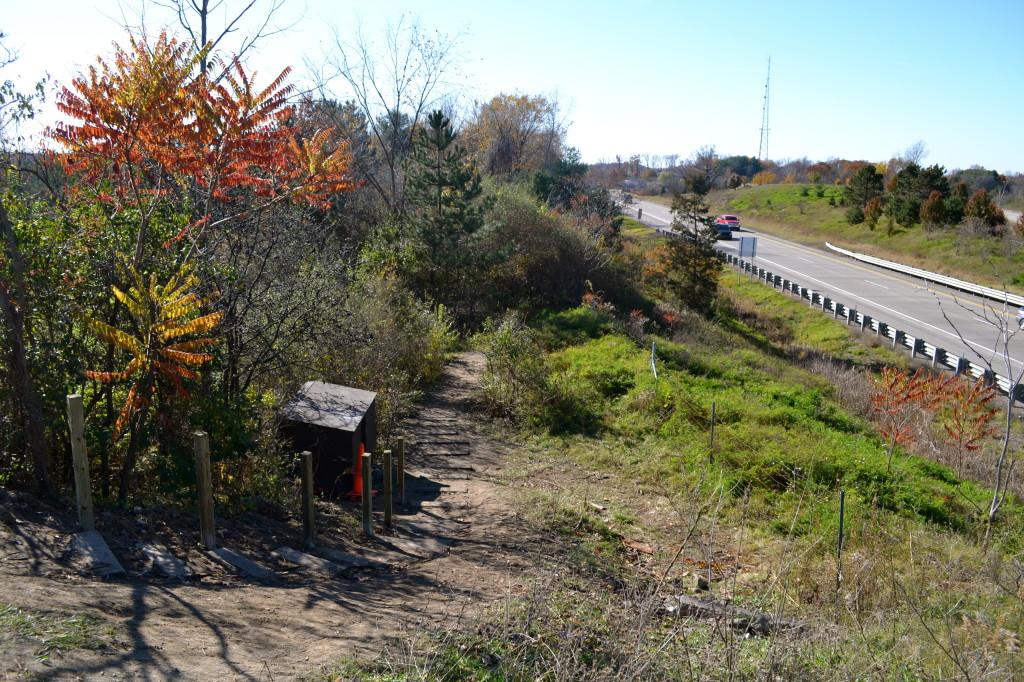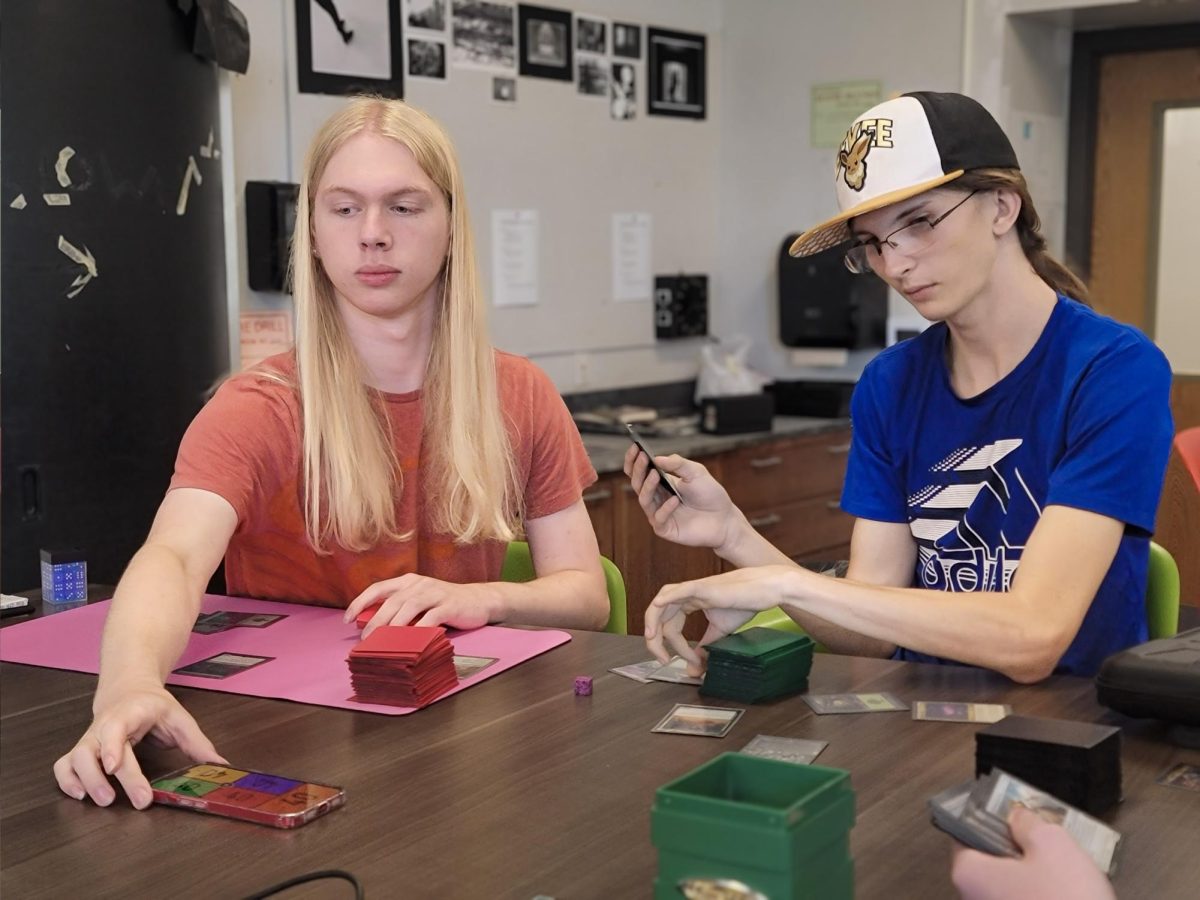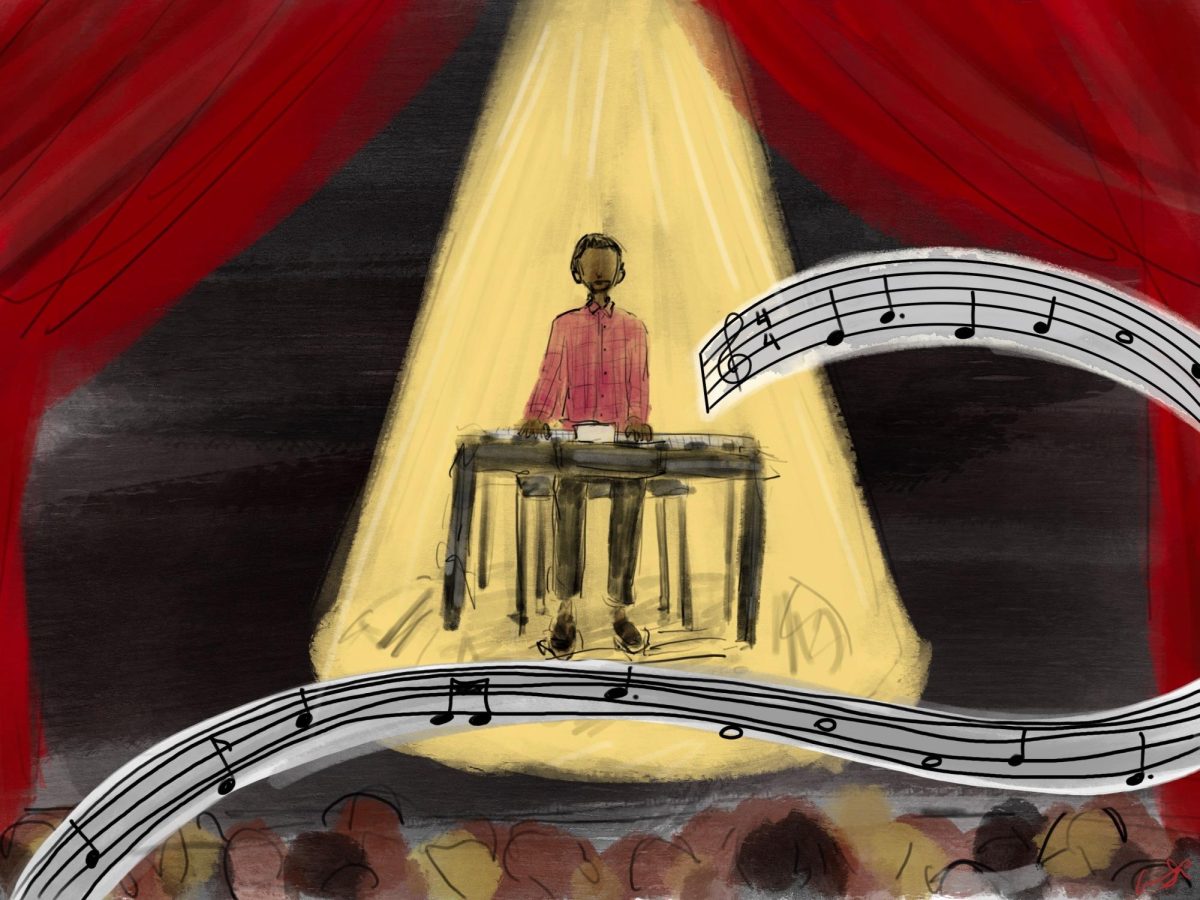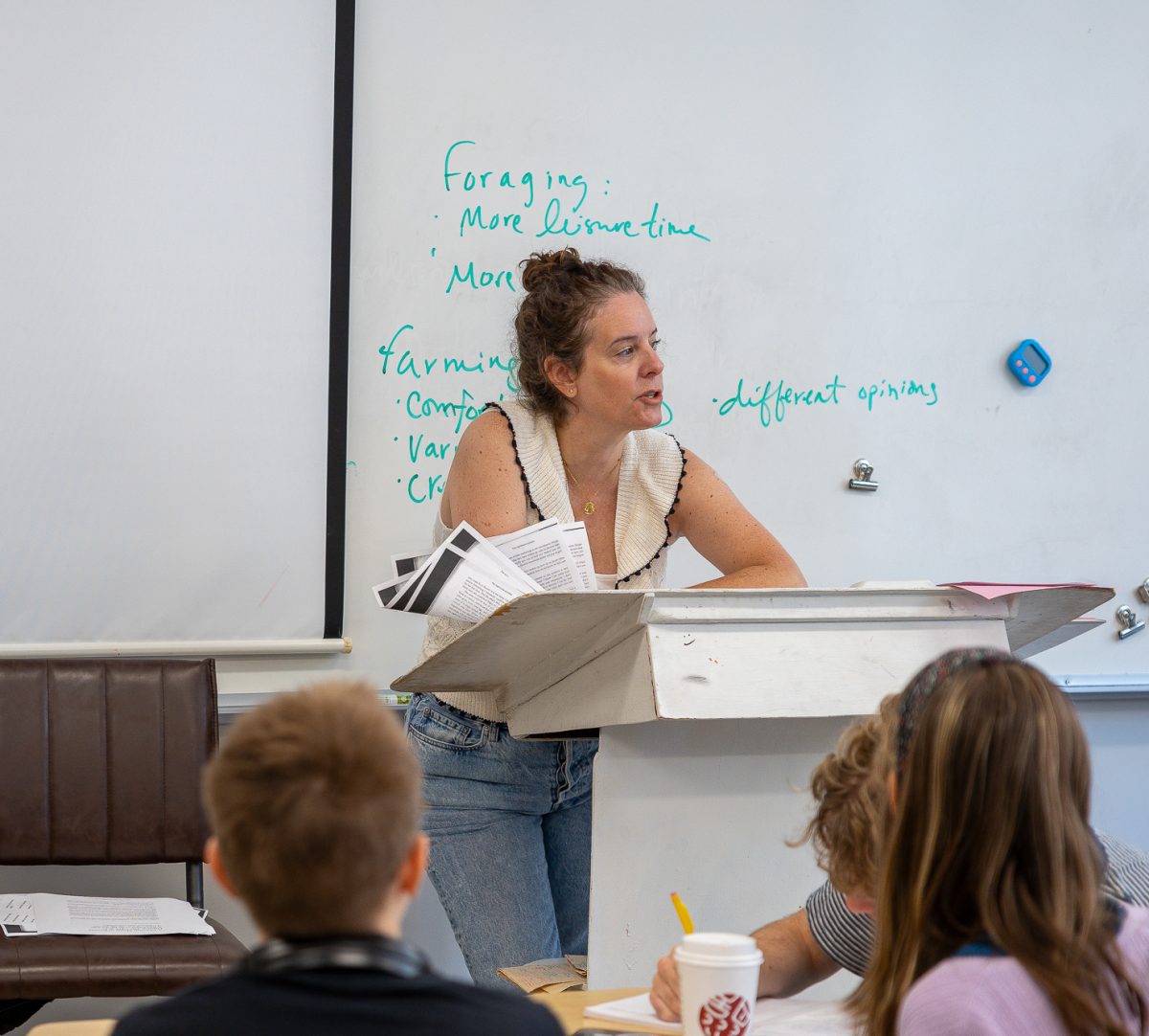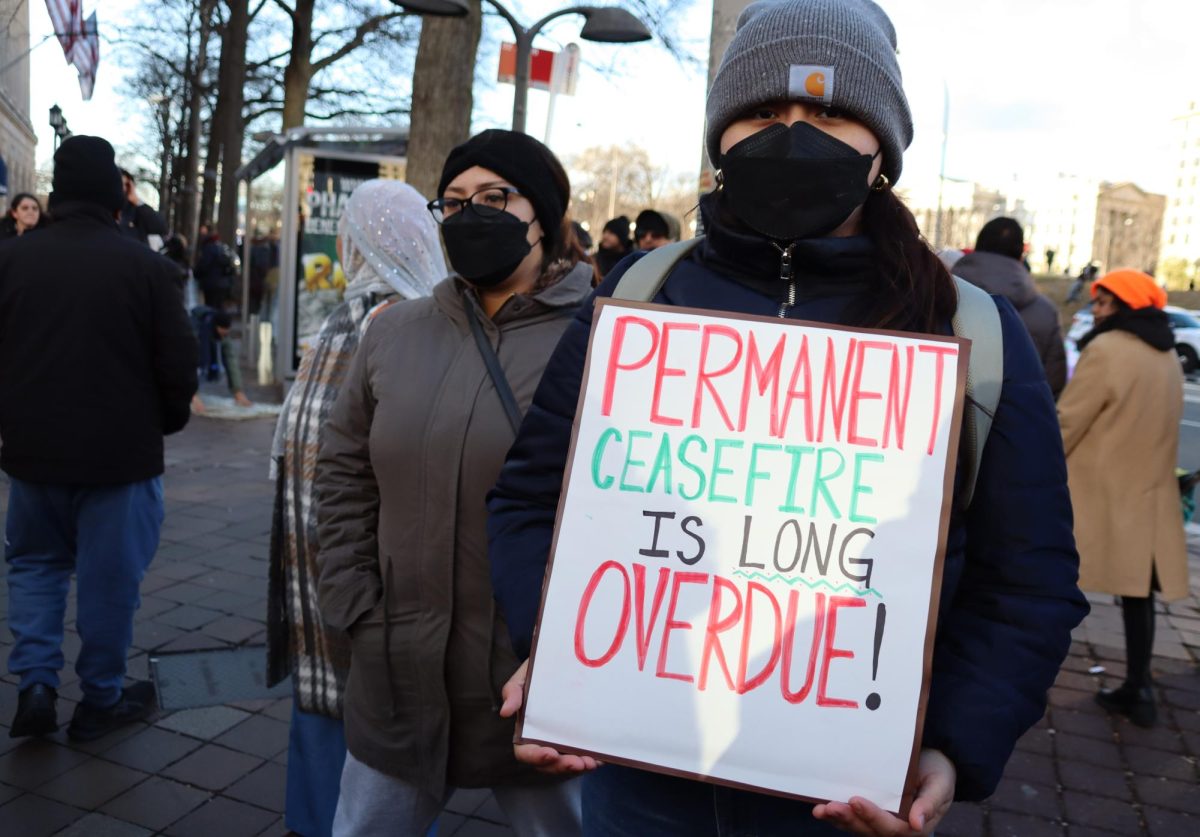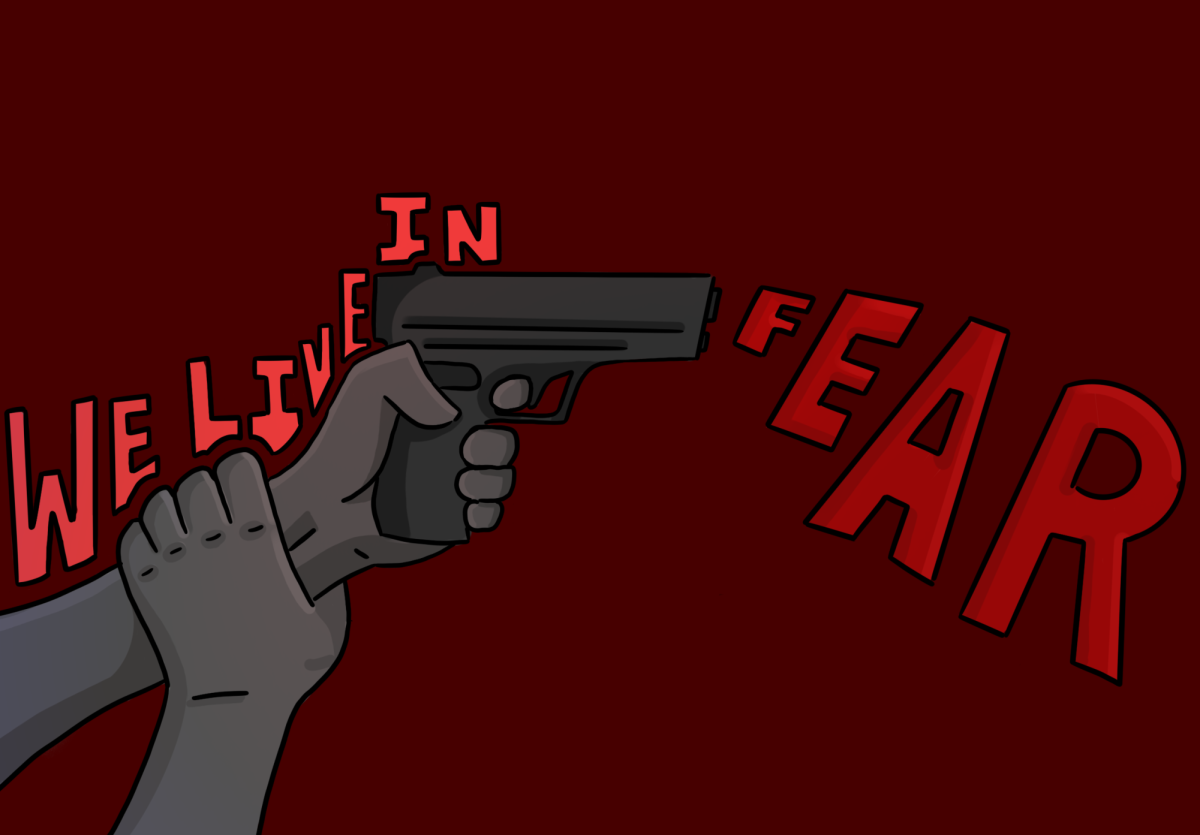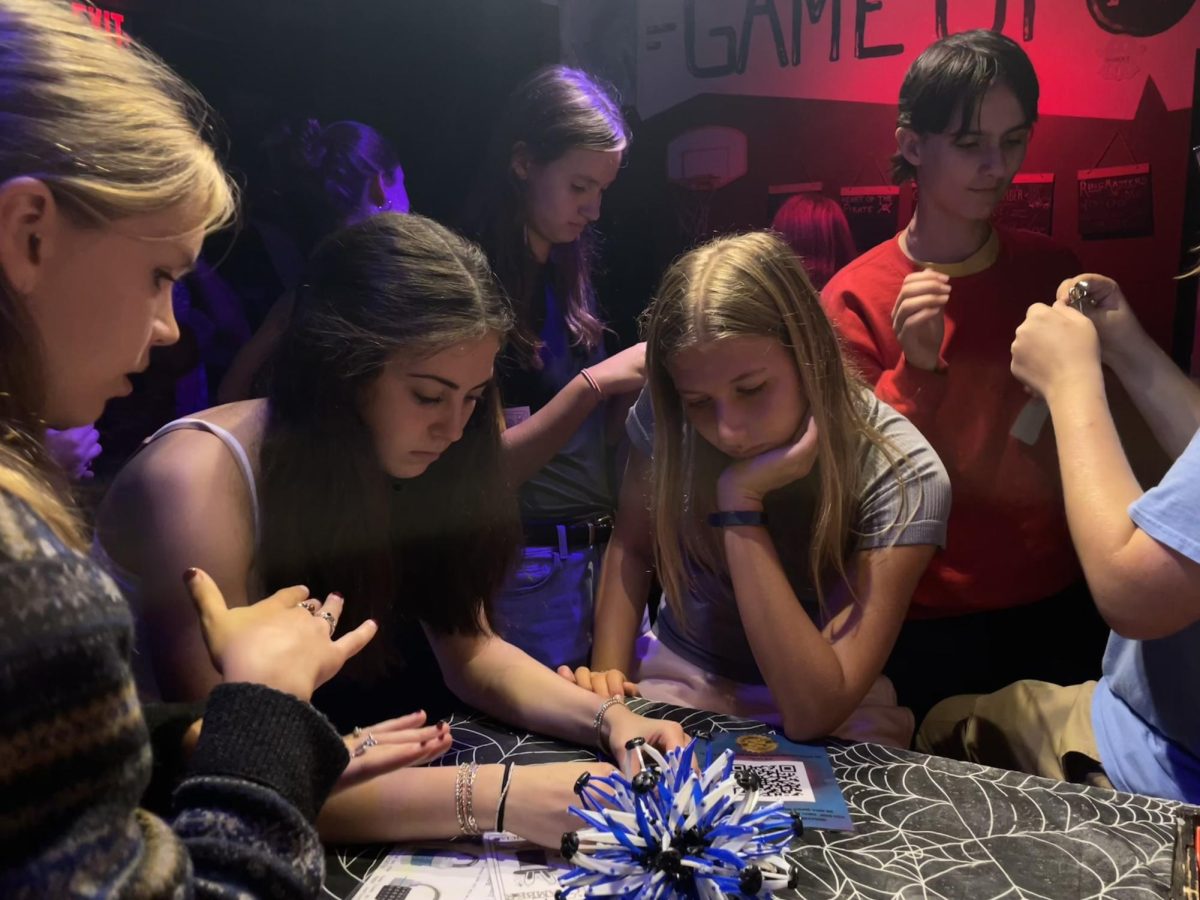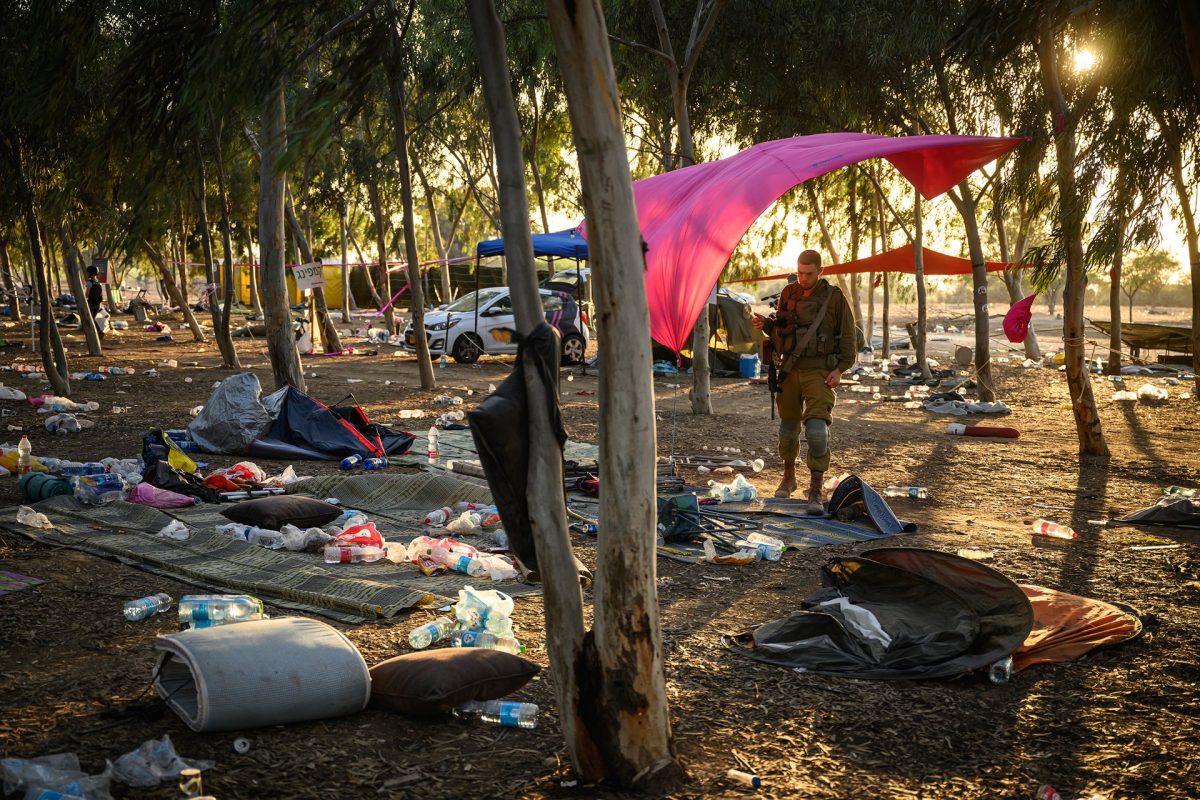
Just west of M-14 and down a cleared trail off of Wagner St in Ann Arbor, there is a cluster of tents in the middle of the woods. This camp, Camp Take Notice, is a community for homeless people.
Jackie Starkey has been a resident at the camp since June 18, 2011. Starkey retired early from her hospital job to watch her grandchildren in Saline. She lived with her daughter for seven years, but when the babies grew up and things got hectic, Starkey took the hint and moved out. “And naturally I had sold everything when I moved in with them, so that left me without [anything]. I didn’t plan very well. let’s put it this way,” said Starkey.
With no where to live, Starkey turned to the homeless shelter in Ann Arbor. “I had called before I left a very comfortable living situation [at my daughters] … and I said ‘What do I do?’ [They said,] ‘Well just come down to the shelter, we’ll do an intake and … get you a place to stay.’ When I walked in there, I did exactly what they told me to do on the phone. He looked at me and said, ‘We don’t have a place for you to stay.’ And I go ‘Great! So where so you want me to sleep? City Hall? Bus station? Cop shop? … Where should I sleep?’” Instead of giving Starkey an answer, an employee at the shelter gave her a bus token and directions to Camp Take Notice.
Most people might consider an indoor shelter more comfortable than living in a tent, but Starkey feels secure at Camp Take Notice. “I think we’ve established such a group of trust … I feel totally safe here,” Starkey said.
It is understandable why Starkey feels so protected at Camp Take Notice. The camp follows a set of guidelines to keep residents safe, outlined in an entry form, which requires a name, signature, emergency contact, and cell phone number. The form goes over offenses that will result in immediate expulsion, including theft of any kind, blatant drunkenness or inebriation, drawing police attention (except in the case of an emergency), and possession of weapons.
However, if a resident of the camp fails to follow more common guidelines, including maintaining peaceful presence of oneself and cleaning up after oneself, then the resident will obtain a strike. If the resident accumulates three strikes within six months, the person will be required to leave the camp for a period of time determined by the camp leadership.
Every Sunday after the camp enjoys a donated dinner, which is open to the public, the residents of the camp come together for a meeting. “Everybody pretty much shows up. As an incentive, we give out bus tokens,” Starkey said.
To keep things running smoothly at the camp, the meetings address a variety of subjects, including possible rule violations. Starkey gave some examples of what they discuss. “If somebody was drunk and unruly, if some things come up missing, and if [someones] not taking a dump in the woods in the right spot,” she said.
It is important to keep the camp running smoothly because the residents are technically trespassing on Michigan Department of Transportation property. “But yet they recognize us. So they’re they kinda like, they’re not kicking us off, they’re not throwing us out … as long as every things okay, then they’re pretty much, [at least] right now, okay,” said Starkey.
A lot of the food seen at the camp is a product of church donations and individual donors. Peggy Lynch, a missionary, brings down a breakfast for Camp Take Notice residents every Saturday morning. Every Saturday afternoon, lunch is provided by Diane Brandt. Brandt, although she is not affiliated with any organization, fixes 50 peanut better and jelly sandwiches.
In addition to finding food, another essential thought lingering on a homeless mind is winter. Michigan winters are harsh, but living in the woods would only intensify ones outlook on the colder months. Starkey is planning on braving the cold Michigan winter and staying at Camp Take Notice. Starkey is intending to “winterizing” her tent. “What they’ll do is they’ll give out winter boots, winter sleeping bags, blankets, … heaters, … all the equipment to winterize your tent,” Starkey said. She is keeping a positive outlook. “It’s gonna be cold. It’s okay! It’s doable! You learn to dress in layers. It’s just like when you were a kid and you went outside to play in the snow, you dress in layers. Good boots, double socks … It’s hard work being homeless,” said Starkey.
Brandt sees that hard times bring the people together. “Well, you know we’re all going to do what we have to do, right? If there’s anything good about these economic times…it might be that we’re encouraging people to share and to think more about the people that don’t have anything,” Brandt said.



